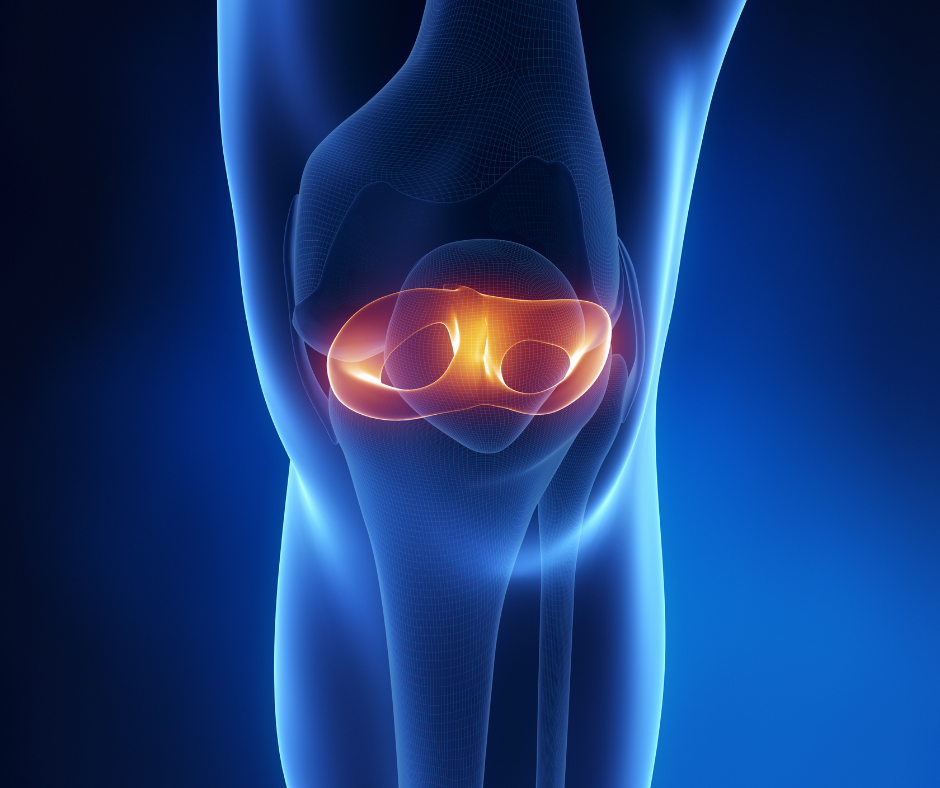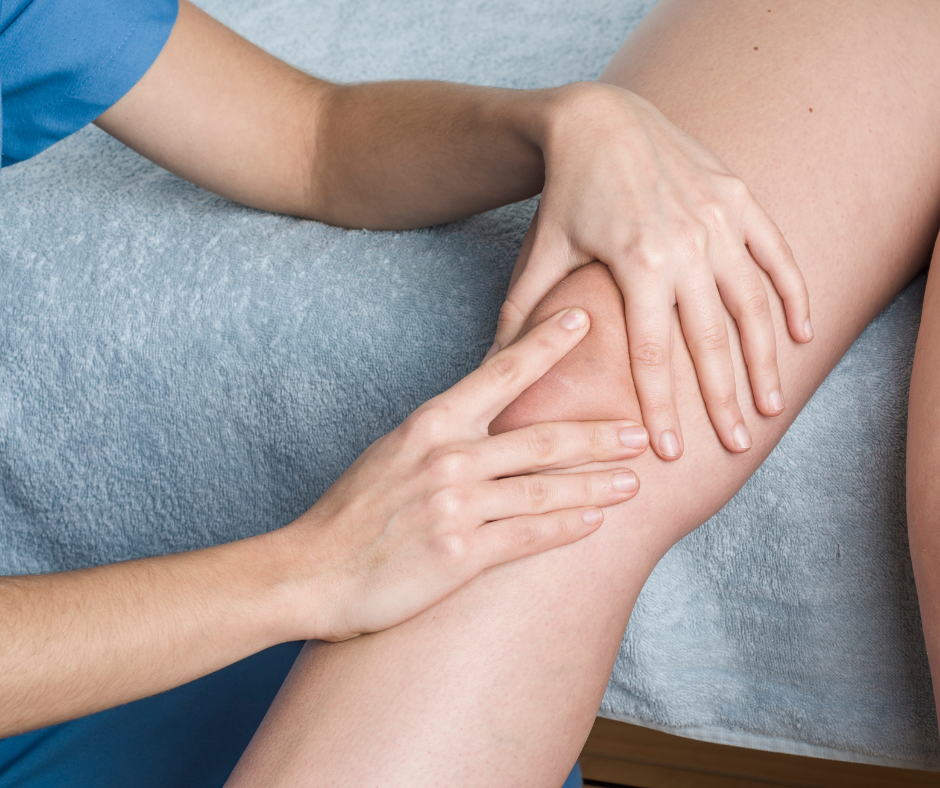Knee Pain and the Role of Physiotherapy
Why Does My Knee Hurt?
Here at Compass Physio and Trim Physio we see a lot of people who have had a knee injury
Knee Problems are wide ranging and can be related to,
-
Knee Arthritis (Mainly knee osteoarthritis)
-
Knee Cartilage
-
Patellar tendon or jumpers knee
-
Ligament Injuries
-
Knee Cartilage
-
Patellar tendon or jumpers knee
So you have knee pain and you are not sure what’s causing the pain… Or worse, you’re listening to someone complain about their knee pain and they are doing nothing about it.
Lets look at the possible causes
Knee Ligament
The knee is supported by four main ligaments. MCL (Medial Collateral Ligament) and LCL (Lateral Collateral Ligament) prevent the knee from buckling sideways.
The ACL (Anterior Cruciate Ligament) and PCL (Posterior Cruciate Ligament) prevent the knee from giving way.
A ligament injury can be classed into three grades (Gr 1, less than 50% fibre damage, Gr 2, greater than 50% fibre damage, Gr 3 – complete rupture (may require surgery)), Physiotherapy intervention can help with all three injury types.
A ligament injury is usually associated with a traumatic event, such as a fall or a awkward tackle in sport.
If you’re knee is giving way and doesn’t feel supported then their may be ligament damage and it’s best to get a Physiotherapy assessment.
Knee Meniscus or Cartilage:
The knee joint itself had two menisci — C-shaped pieces of cartilage that act like a cushion between your shinbone (tibia) and your thighbone (femur).
Meniscus injuries can be associated with a twisting injury where there is a sharp change of direction with a sudden deceleration.
This can also be combined with a ligament injury.
Meniscus may also be damaged as a result of wear and tear (getting old) – Yes don’t expect to get to 60 years old without some wear and tear in your joints.
A torn meniscus causes pain, swelling, stiffness, locking sensation or a block to knee motion.
You may also experience pain going up and down stairs or with a deep squat.


Patella (Knee cap):
A common cause of knee pain is the patella, which is caused by wear and tear where the knee cap meets the femur.
It’s supposed to slide up and down the groove easily but maltracking of the knee cap in the grove of the femur can cause degeneration and excessive swelling.
The cause of wear and tear is mechanical in nature with poor control of your hip muscles (mainly gluts) or poor foot position (over pronation) often being the main culprits to blame.
Physiotherapy can help address any acquired biomechanical issues and advice on rehabilitation and exercise modification to help manage the condition.
Tendons:
At Compass Physiotherapy Clinic we are experts in all things tendons.
Tendons attach muscles to bones and the knee is a major junction point for tendons with attachments above and below the joint line.
The quad, hamstring, calf, groin and ITB muscles all have tendon attachments around the knee.
Overuse or poor biomechanical issues can lead to overloading the tendons causing them to become inflamed and painful.
This results in poor performance and function of the knee joint.
A Physiotherapy assessment can assess where the dysfunction is coming from and advise on an appropriate treatment plan.
Other issues: (Osteoarthritis, Rheumatoid arthritis, fractures)
Osteoarthritis, bakers cysts, patella dislocation, fracture or referred pain from the lumbar spine can all be causes of knee pain.
A Physiotherapy assessment with any of our highly qualified therapists at Compass Physio will use our clinical skills to give you a plan to put in place to help with your rehab.
We can also discuss options of further investigation such as MRI or X-ray and referral to orthopaedic surgeons if necessary.
If you want to find out more about Knee Pain you can contact the clinic direct on 046 954 9456 or email info@compassphysio.ie
